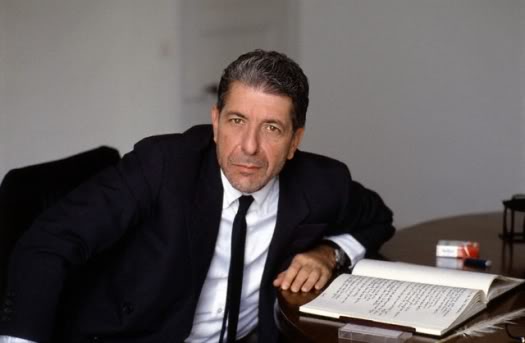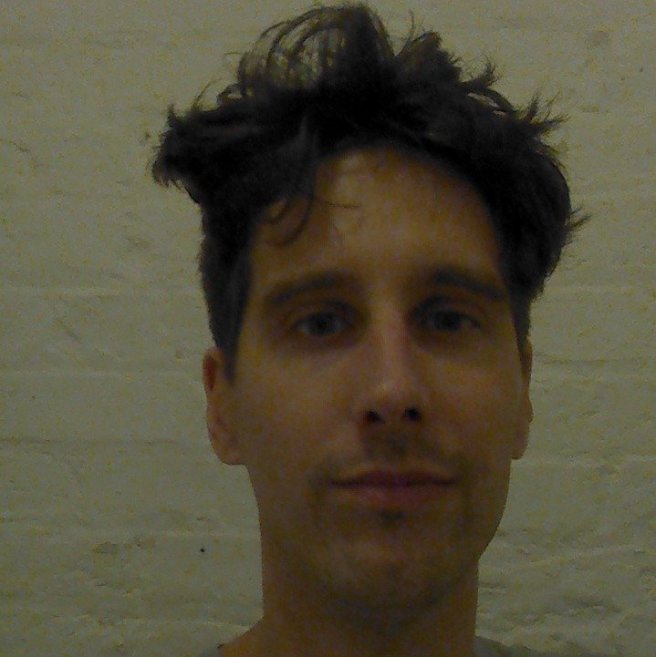
A dear friend of mine passed away this week. A few people who couldn’t be there have asked to see the eulogy, so here it is:
I met him, of all places, at Confirmation Class. I was still high voiced, obedient, trusting in God and my elders. David was different. With a year to go before Secondary School he was already a grown-up, the first adult I’d met who was the same age as myself. He was taller than the rest of us, even leaving aside the explosion, the burning bush, of hair climbing from his head. His voice was an octave deeper than mine. He sat there, listening to the vicars, with a look in his huge eyes that didn’t bother to hide his scorn. “Come on,” the look said, “I haven’t got all day. When are the rest of you going to catch up?”
The next time was Secondary School. Most of us were nervous, suddenly smaller, consigned back to childhood. But David was up and stomping around, gesticulating with enormous ink-covered hands, arguing, explaining. At twelve years old he was already an authority on alternative comedy and the films of Kubrick and Lynch. While we listened to whatever guitar band had shuffled into the charts that week, he would listen to electronic music made by Frenchmen in long coats. He had the shining arrogance of untested talent. He made things, he made art. He was the first person I met who used to write for fun. He made an animated film about our Science teacher – David could be very unforgiving of Science teachers. At an age when most of us were desperate to conform, to turn ourselves into anthologies of popular attributes, he was forever himself. He couldn’t care less about coolness. The category was too small for him. He was defiantly intelligent. He was cleverer than his friends, cleverer than some of his teachers and, being fourteen and combative, he wasn’t shy about saying so. England doesn’t always forgive people who remind us that we’re thick, but as a teenager David got away with it. He was loved for being himself. Girls, who I was far too scared to talk to, would be roaring with laughter after a few seconds in his presence. The world looked set to give him room, budge up and let him flourish.
It doesn’t last, of course. The confidence of a smart fourteen year old would be alarming in an adult. And life finds ways of softening that carapace, losing that layer of skin. I’d see many versions of David in the years after we left school. A trip back from university revealed a Manchester David, the hair cropped and tamed, a ring in one ear, hanging round Canal Street, cheerfully letting go. Just when I’d got used to this new relaxed hedonist, another David joined me at Goldsmiths, a conscientious student in Lennon specs, spending long hours reading impossible books of theory. He would talk about ideas as though he and the ideas were having a fight, and you were never quite sure who would win. But the hardness of youth had gone, replaced by an amused kindness. Some people don’t get toughened up by life, they get softer, they get gentler. They become porous, liable to damage. The look in their eyes turns unguarded.
About ten years ago I was back in Accrington and David told me, half-seriously, that he had recently seen God. Well, I thought, it was you who told me God didn’t exist, I suppose I better listen now you’ve met Him. A woman joined us at our table and calmly announced that she had seen God too. I had been outvoted and I felt a little left out, that he had gone so far ahead of me it was impossible to keep up. He was still full of ideas. He had plans for some huge work on Accrington. He talked about the way the town was designed, the preponderance of churches, the hidden significance in every street. But it was as though the ideas he wrestled with were starting to win the fight. He came back to London and he didn’t have an easy start. Still, he managed to fashion a life. He worked, he studied. I was living with someone then and she took to David immediately, would invite him round to dinner. He was quieter, at this point, less likely to take on a room. He would often retreat into thought. But sometimes if you sat him next to the right person, you could listen in and hear him charming their socks off, doing, one on one, what he used to do to an entire school.
I sometimes felt sad that he would never write that book, never make the films he talked about as a kid. I now think this doesn’t matter. Against a lot of odds, David managed to be decent. He managed to be interesting, he managed to be kind. That’s more than a lot of us do. In the last week, so many friends have contacted me, most of whom only knew David in the last ten years, and the same word has been used of him over and over again- “David was a gent.” To do this, to be a gent when life could so easily have made him otherwise- this was David’s great achievement. He was a brilliant boy who became a good man and may not have known how much he was loved for either.
Over the last few years, I’m sorry to say that I lost touch with David. I assumed he was battling through life, as was I. I assumed there would always be time. I never really told him how much he meant to me. When I heard the news I wrote a few words which I posted on Facebook and which I want to end with now:
It is 1993. I’m sitting in your bedroom in which the bin always needs changing and smells slightly of orange peel. You have a poster on the wall of either Blue Velvet or Jack Nicholson, something like that. Sophisticated. We are talking about how we should get some weed but it is 1993 and weed has not been invented. You are playing me Pink Floyd and I am saying they are shit, because it is 1993. You’ve made a cartoon about Mr Williams and I expect you’ll carry on with that, make films. We start talking about Rik Mayall, who was still alive then, and about the film 2001 and sometimes we even talk about girls, who were still an alien species. It is 1993 and we are smarter than everyone, young, and we know we can do pretty much what we want to, that the world will make a space for us. It is 1993 and nothing bad has ever happened. Rest in peace, David. Rest in peace, old friend.



